Europe
From the fall of Napoleon to Revolution in Russia and from the rise of Hitler to the fall of the Berlin Wall this period is one of major upheaval in Europe. We see the collapse of monarchies and empires and the changing status of women and working men. This is a time that witnesses the mass displacement of peoples and genocide on a scale never seen before it is also a time that sees changes in medicine and technology that make fundamental changes to our everyday lives. Read more
Sort by:
Date (Newest first) | Title A-Z
Show:
All |
Articles |
Podcasts |
Multipage Articles
-

Richard Evans Medlicott lecture: The Origins of the First World War
ArticleClick to view -

St Helena: Napoleon's last island
ArticleClick to view -
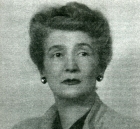
Strange Journey: the life of Dorothy Eckersley
ArticleClick to view -

TV: modern father of history?
ArticleClick to view -
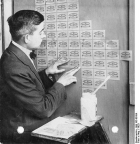
Taking tea with Frau von Papen
ArticleClick to view -
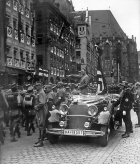
The 'Era of the Dictators' Reconsidered
ArticleClick to view -

The Battle of Waterloo: Sunday 18 June 1815
ArticleClick to view -

The British Union of Fascists: the international dimension
ArticleClick to view -
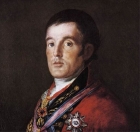
The British soldier in the Revolutionary and Napoleonic wars
ArticleClick to view -
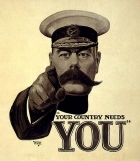
The Centenary of the First World War: An unpopular view
ArticleClick to view -
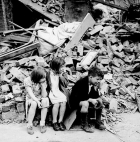
The Coming of War in 1939
ArticleClick to view -
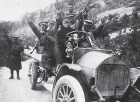
The End of Germany’s Colonial Empire
ArticleClick to view -
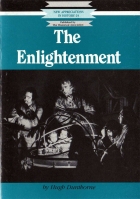
The Enlightenment
ArticleClick to view -
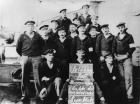
The German Revolution of 1918-19
ArticleClick to view -

The German prisoner-of-war camp in Dorchester
ArticleClick to view -
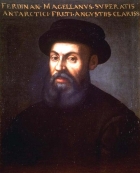
The Great Powers in the Pacific
ArticleClick to view -
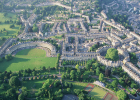
The Great Spa Towns of Europe: a UNESCO World Heritage Site
ArticleClick to view -

The Importance of Truth, Quality and Objectivity in the BBC German Service from 1938 to 1945
ArticleClick to view -
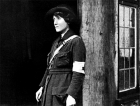
The Lady of the Black Horse: Mabel Stobart (1862–1954)
ArticleClick to view -

The Last Duke of Lorraine
ArticleClick to view

